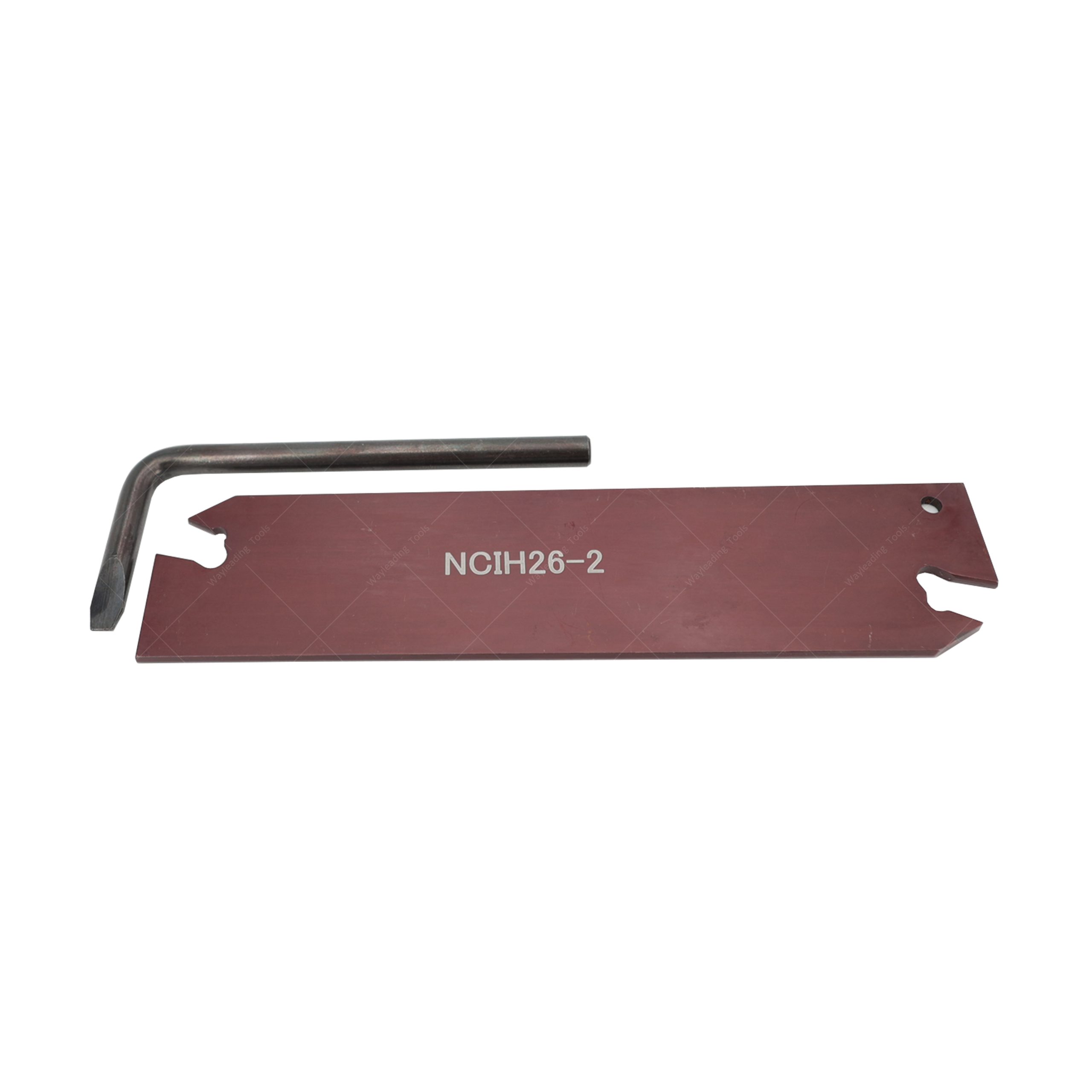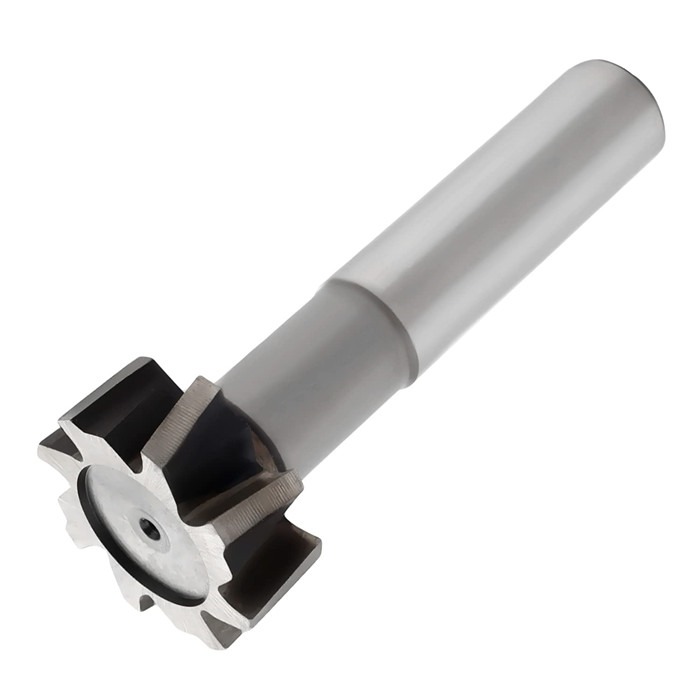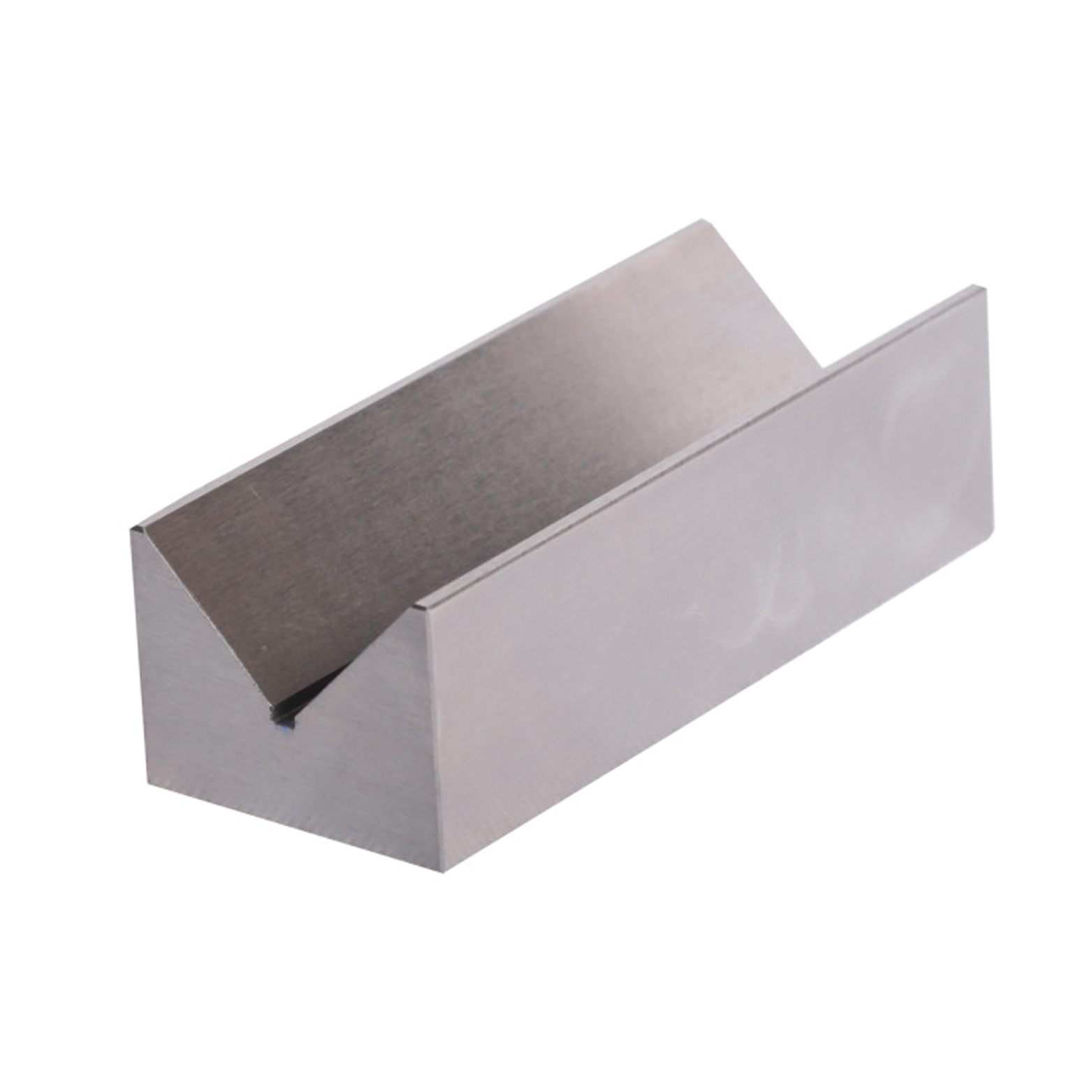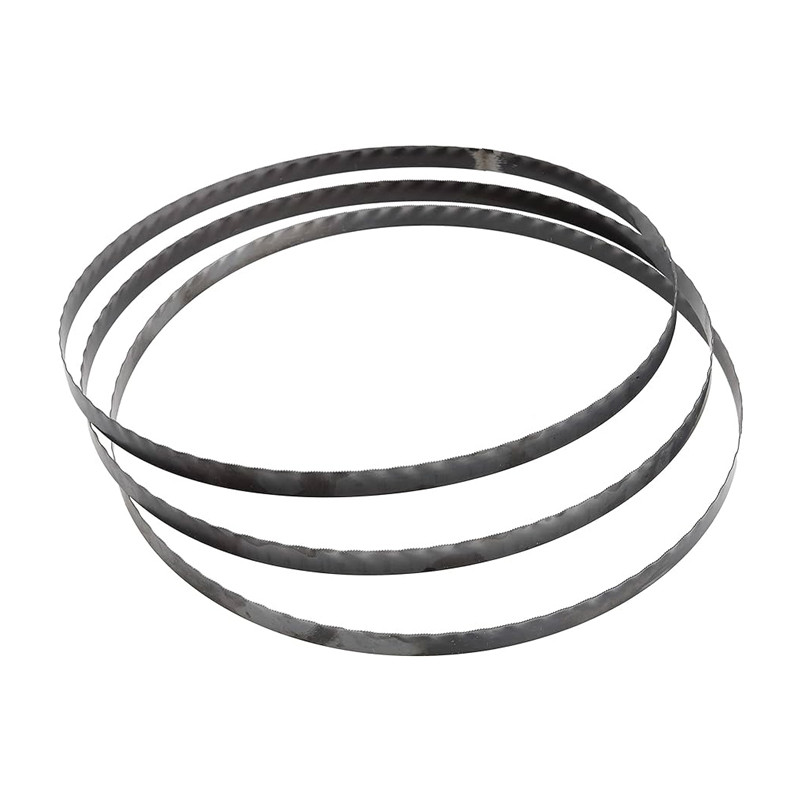Conical Drill Bit
Conical drill bits, also known as step drill bits, are designed to drill holes of various sizes in thin materials like sheet metal, plastic, and wood. Their stepped design allows for precise hole creation without the need for frequent bit changes, making them a versatile tool for many applications. This guide explores the features, uses, and selection criteria for conical drill bits.Understanding Conical Drill BitsWhat is a Conical Drill Bit?A conical drill bit, or step drill bit, is a single drill bit designed to drill multiple hole sizes. It features a series of steps, each progressively larger than the previous one. This design allows the user to drill different sized holes with just one bit. They are typically made from high-speed steel (HSS) or cobalt steel for increased durability and heat resistance.Key Features and Benefits Versatility: Drills multiple hole sizes with a single bit. Precision: Creates clean, round holes without burrs. Efficiency: Eliminates the need for frequent bit changes. Durability: Made from robust materials like HSS or cobalt steel. Self-Starting: Many conical drill bits are self-starting, eliminating the need for a pilot hole.Applications of Conical Drill BitsSheet Metal DrillingConical drill bits are ideal for drilling sheet metal due to their ability to create clean, round holes without deforming the material. They are commonly used in automotive repair, HVAC installation, and metal fabrication.Plastic DrillingWhen drilling plastic, standard drill bits can often cause cracking or chipping. Conical drill bits, with their gradual cutting action, provide cleaner and more precise holes in various types of plastic.WoodworkingAlthough not as common as standard drill bits, conical drill bits can be used in woodworking for creating precisely sized holes or for deburring existing holes. They are particularly useful for working with thin wood panels.Choosing the Right Conical Drill BitMaterialThe material of the conical drill bit significantly impacts its performance and lifespan. The most common materials are: High-Speed Steel (HSS): Suitable for general-purpose drilling in softer materials. Cobalt Steel: Offers higher heat resistance and durability for drilling harder materials like stainless steel. Titanium Coating: Provides increased wear resistance and reduces friction.Size RangeConsider the range of hole sizes you'll need to drill. Conical drill bits come in various size ranges. Choose a bit that covers the sizes you use most frequently. Be sure to review the specifications to confirm the specific sizes each step creates.Step IncrementThe step increment refers to the size difference between each step on the bit. Smaller increments allow for finer adjustments and more precise hole sizes. Consider the level of precision required for your applications.Shank TypeConical drill bits are available with different shank types, including: Round Shank: Fits standard drill chucks. Hex Shank: Provides a more secure grip and prevents slipping in the chuck. Quick-Change Shank: Allows for rapid bit changes in compatible power tools.Tips for Using Conical Drill Bits Use Cutting Fluid: Applying cutting fluid helps to reduce heat and friction, extending the life of the bit and improving the quality of the hole. Apply Consistent Pressure: Use steady, even pressure while drilling to prevent the bit from catching or wandering. Start Slowly: Begin drilling at a slow speed to create a pilot hole and then gradually increase the speed. Deburr the Hole: After drilling, use a deburring tool or countersink to remove any sharp edges or burrs around the hole.Maintenance and CareProper maintenance will extend the life of your conical drill bits. Cleaning: After each use, clean the bit with a wire brush to remove any debris or metal shavings. Sharpening: If the bit becomes dull, sharpen it using a drill bit sharpener or take it to a professional sharpening service. Storage: Store the bit in a protective case or pouch to prevent damage and keep it clean.Where to Buy Conical Drill BitsConical drill bits are available at most hardware stores, home improvement centers, and online retailers. Consider purchasing from reputable brands known for quality and durability. For example, Wayleading Tools at www.wayleading.com offers a variety of high-quality cutting tools, including conical drill bits.Troubleshooting Common IssuesBit SlippingIf the bit is slipping in the chuck, ensure that the chuck is tightened securely. Using a hex shank can also help prevent slipping.ChatteringChattering can occur when the bit is vibrating excessively. Reduce the drilling speed and apply more pressure.Bit BreakingBits can break if excessive force is applied or if the material is too hard. Use a cobalt steel bit for harder materials and avoid applying too much pressure.Table: Comparing Conical Drill Bit Materials Material Advantages Disadvantages Typical Applications High-Speed Steel (HSS) Affordable, good for general-purpose drilling Not suitable for very hard materials, lower heat resistance Wood, plastic, soft metals Cobalt Steel Higher heat resistance, more durable, suitable for harder materials More expensive than HSS Stainless steel, hardened steel, cast iron Titanium Coating Increased wear resistance, reduced friction Coating can wear off over time General-purpose drilling with extended tool life Ultimately, selecting the right conical drill bit depends on the specific requirements of your project. Consider the materials you'll be drilling, the hole sizes you need, and the level of precision required.Disclaimer: All product names, logos, and brands are property of their respective owners.
Related products
Related products
Best selling products
Best selling products-
 Type A Cylinder Tungsten Carbide Rotary Burr
Type A Cylinder Tungsten Carbide Rotary Burr -
 Precision Micrometr Holder For Micrometer
Precision Micrometr Holder For Micrometer -
 Carbide Tipped Hole Cutter For Cutting Stainless Steel And Iron Or Steel Plate
Carbide Tipped Hole Cutter For Cutting Stainless Steel And Iron Or Steel Plate -
 Parting & Grooving Tool Blades For GTN Blades
Parting & Grooving Tool Blades For GTN Blades -
 HSS Metric & Inch T Slot End Mill For Industrial
HSS Metric & Inch T Slot End Mill For Industrial -
 Precision V Block Set With Industrial Type
Precision V Block Set With Industrial Type -
 HSS Metric Plain Metal Slitting Saws For Industrial
HSS Metric Plain Metal Slitting Saws For Industrial -
 Metric HSS Step Drills With Straight Flute
Metric HSS Step Drills With Straight Flute -
 Plain Back ER Collet Fixture With Lathe Collet Chuck
Plain Back ER Collet Fixture With Lathe Collet Chuck -
 Precision IP54 Digital Outside Micrometer Of Inch & Metric With Data Output
Precision IP54 Digital Outside Micrometer Of Inch & Metric With Data Output -
 Precision V Block And Clamps Set With High Quality Type
Precision V Block And Clamps Set With High Quality Type -
 Deburring Tool Holder For The Deburring Tool Blades
Deburring Tool Holder For The Deburring Tool Blades
Related search
Related search- Round Adjustable Split Die Factory
- pipe tap Supplier
- High-Quality parallel blocks
- TR threading insert Factories
- telescoping gages Manufacturer
- boring bar holder Manufacturers
- american taper pipe full profile threading insert Supplier
- SDNC boring bar Manufacturers
- High-Quality semt insert
- micro boring set Suppliers











